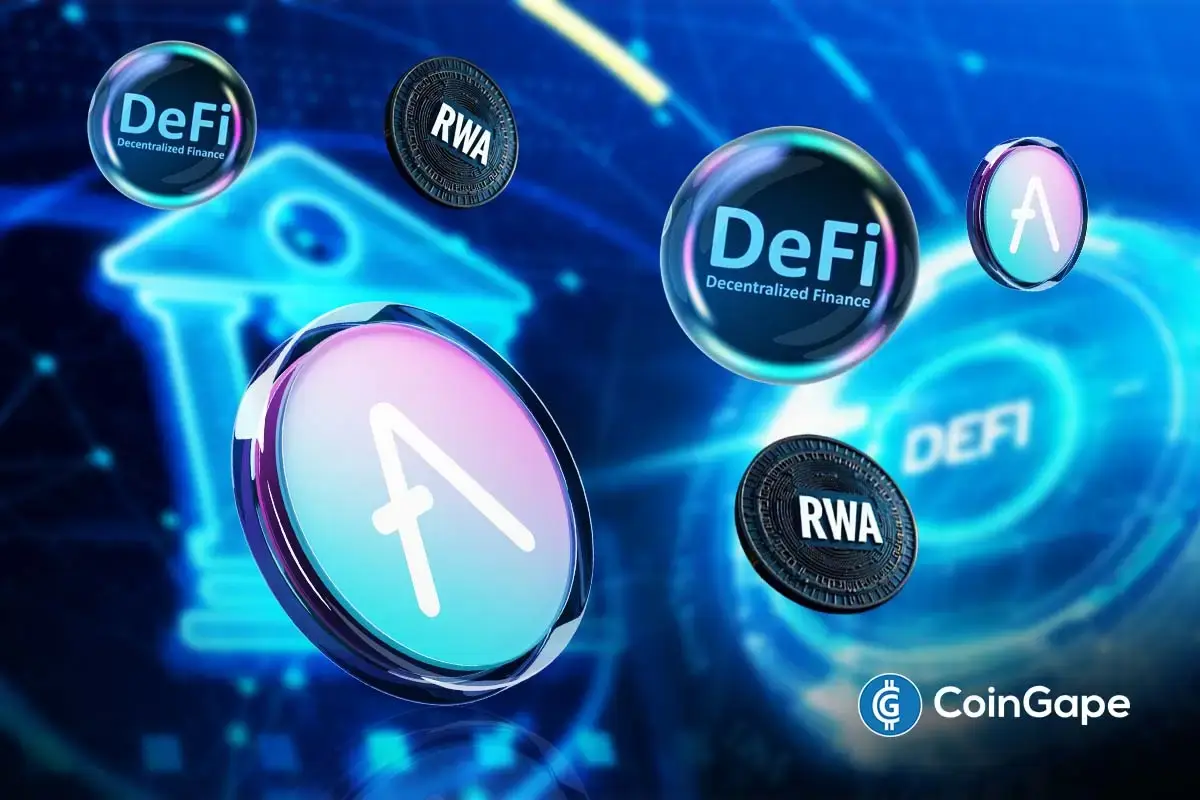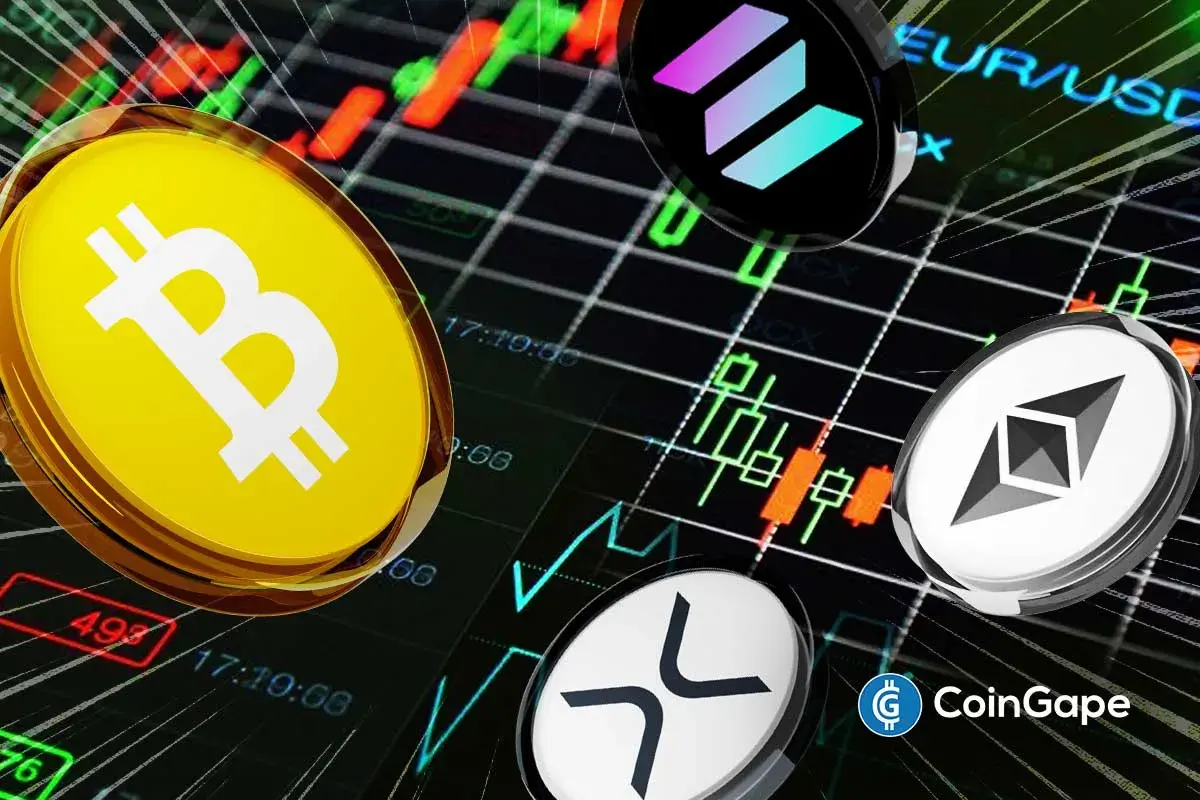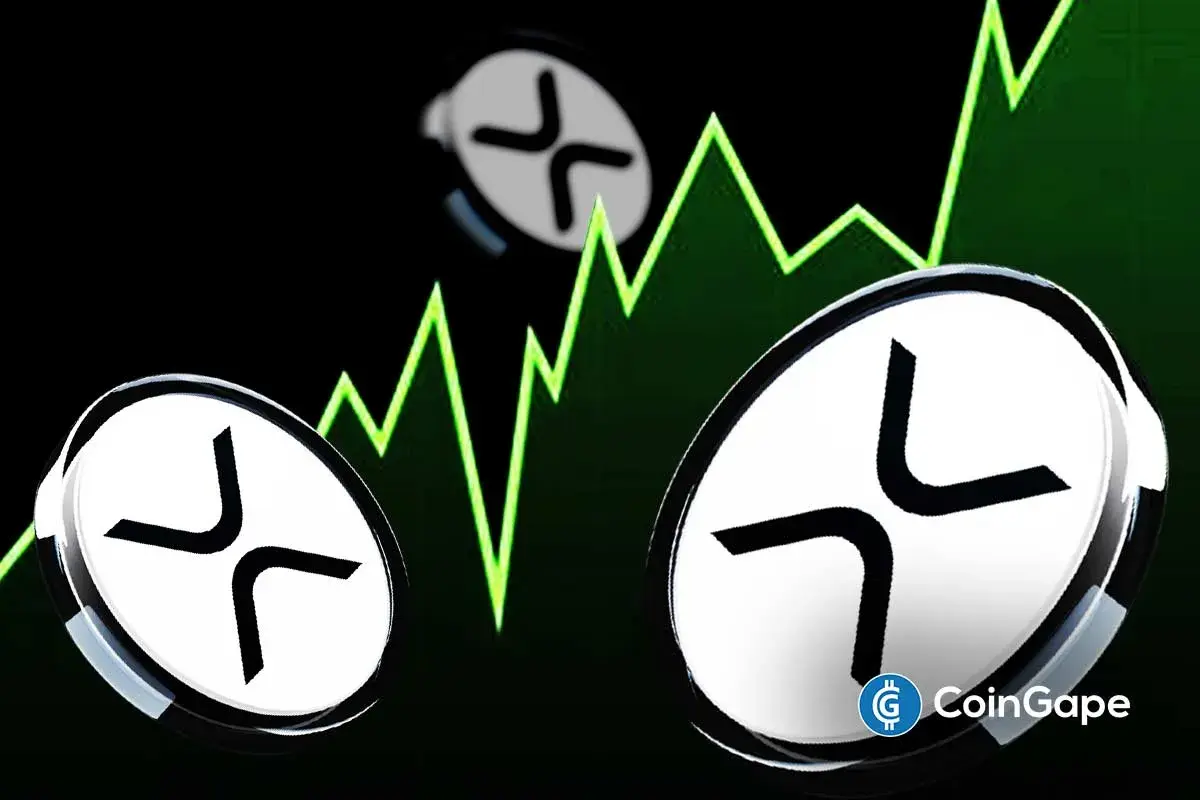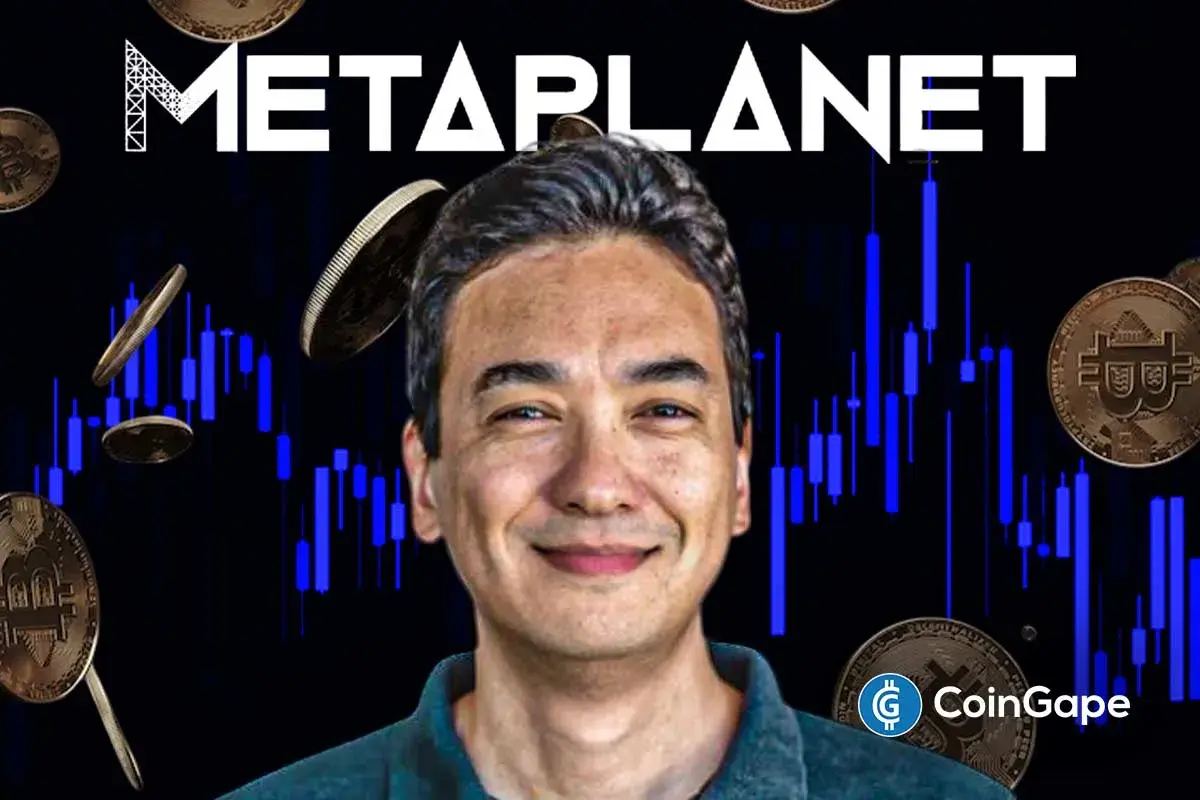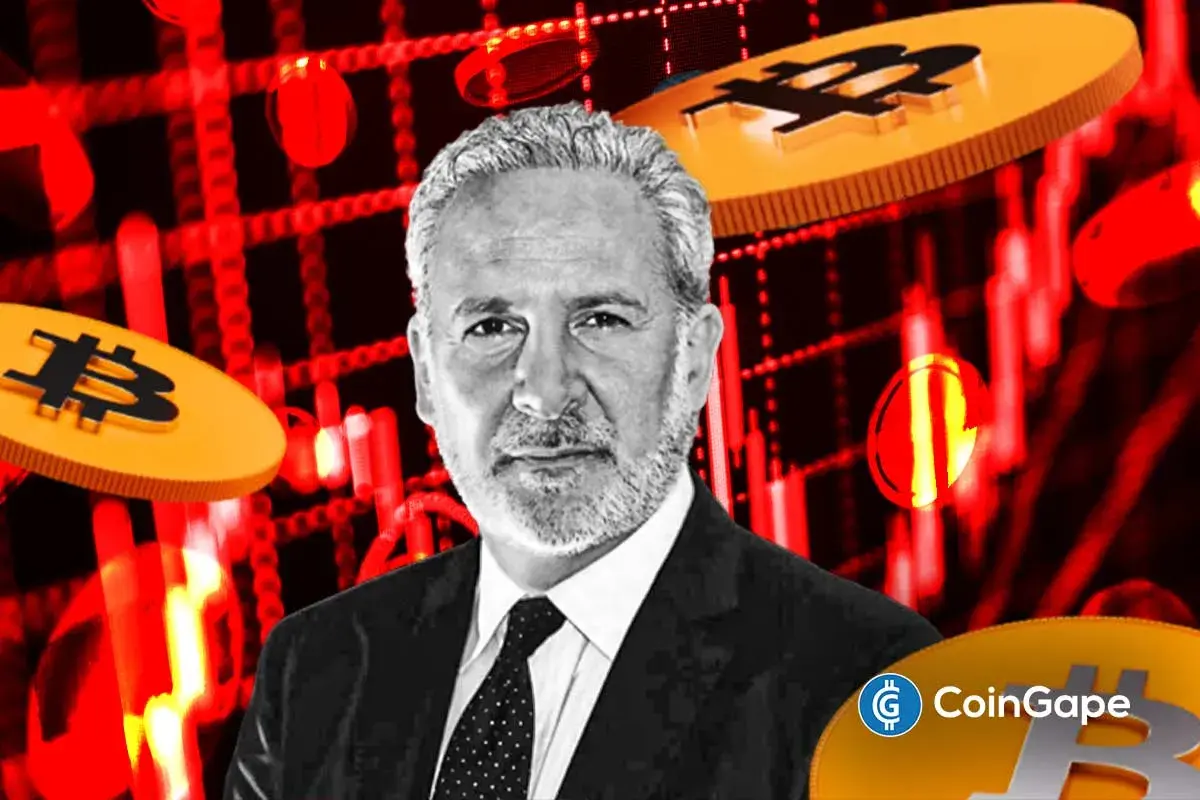$4 Million IOTA Hack Raises Security Concerns
IOTA an open-source distributed ledger for IoT endured a phishing scam that costs the users about $4 million. The hacker Norgertvdberg has been in this scheme for the past six months. However, the wallet bug, bad technological design among other factors indicate a scamming process all along.
IOTA’s security compromised through a phishing attack
IOTA, a cryptocurrency for the Internet of Things suffered a hack attack of about $4 million. A clever hacker, identified as Norbertvdberg, created an elaborate phishing plan to carry out this hack. Since August 2017, the hacker has been collecting private keys for IOTA wallets. On January 19, the hacker finally decided to capitalize on his six months long scheme.
Last Friday, there have been raving speculations on Reddit by the IOTA users that their funds were missing from their wallets. There has been basically malicious websites in use to generate the password details for IOTA, a fintech network.
The private keys also called seeds have been used to authenticate the identity of a wallet’s owner. These keys are random strings of alphanumeric characters that need to be 81 characters long. Due to keys being so lengthy, IOTA investors more often than not made use of online tools in order to generate the key. The hacker took advantage of this situation and created a domain iotaseed.io that he advertised as a seed generator.
The hacker claimed the service to be secure but it actually operated in a very different way. Iotaseed.io basically used a primary fixed number that had predictable variable changes instead of creating a random key for the user. This means the hacker is able to predict and log in and further break into the accounts.
Though the number of victims hacked are unknown, the site itself has a large user base. The hacker advertised the website in such a good fashion that it resulted in top result searches for “IOTA seed generator” queries on Google.
Norbertvdberg extracted the investors’ wallets quite easily and you can’t help but to a part blame it on the DDoS attack that was carried out against the IOTA network. This attack happened at the same time when IOTA developers were kept from investigating the unauthorized transactions.
The hacker, who once was an active user on Quora, Reddit and GitHub, has completely disappeared from the internet. Moreover, its website no longer offers the private key generator service rather shows a “Taken down. Apologies.” text merely.
Attack raises concerns over security gaps in top cryptocurrencies
IOTA which has been considered a very secure project suddenly lost not just millions of money but has also earned a question mark on how legitimate or secure it has been from the start. The project was analysed by MIT that found several vulnerabilities to it but IOTA only claimed MIT to be academics in its deflection.
The technical design seems was never good enough and people were skeptical about it. Also, another significant issue was the bug in IOTA’s wallet that took a series of tries by the user to complete a transaction. It had been said that it was intentional on the IOTA’s part.
Since the scam is carried out, there hasn’t been much change in the value of IOTA that is about $2.55 with a market capitalization of $7 billion.
Another scam in the cryptocurrency market, how do you think it will affect the cryptocurrencies? Let us know your thoughts in our comment section below!
The presented content may include personal opinion of the author and is subject to market condition. Do your market research before investing in cryptocurrencies. The author or the publication does not hold any responsibility for you personal financial loss.
Follow us at
- Aave Crosses $1B in RWAs as Capital Rotates From DeFi to Tokenized Assets
- Will Bitcoin, ETH, XRP, Solana Rebound to Max Pain Price amid Short Liquidations Today?
- 3 Top Reasons XRP Price Will Skyrocket by End of Feb 2026
- Metaplanet CEO Simon Gerovich Defends Bitcoin Strategy Amid Anonymous Allegations
- “Sell Bitcoin Now,” Peter Schiff Projects Further BTC Price Crash to $20k
- Will Pi Network Price See a Surge After the Mainnet Launch Anniversary?
- Bitcoin and XRP Price Prediction As White House Sets March 1st Deadline to Advance Clarity Act
- Top 3 Price Predictions Feb 2026 for Solana, Bitcoin, Pi Network as Odds of Trump Attacking Iran Rise
- Cardano Price Prediction Feb 2026 as Coinbase Accepts ADA as Loan Collateral
- Ripple Prediction: Will Arizona XRP Reserve Boost Price?
- Dogecoin Price Eyes Recovery Above $0.15 as Coinbase Expands Crypto-Backed Loans





